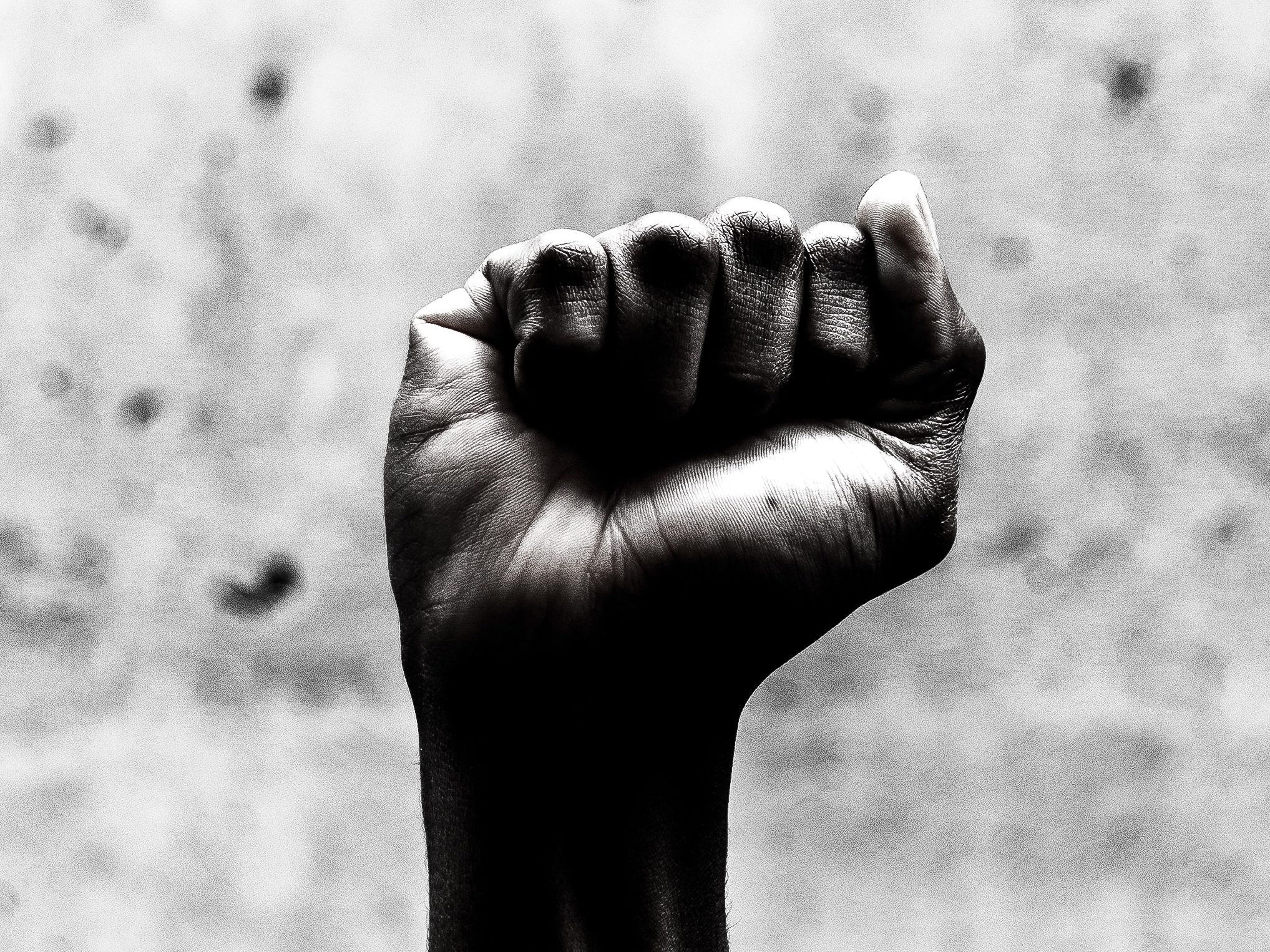
How CCBC Commemorated Juneteenth
On June 20, 2022, CCBC was one of many colleges across the United States that commemorated Juneteenth — a federal holiday as of June 17, 2021, and a cause for celebration among African American communities across the country. As a way to delve deeper into the significance of the date and its historical and cultural relevance, CCBC hosted a special inaugural program with distinguished speakers and many student participants.
The commemorative program for this online event was planned and presented by Professors Jadi Omowale and Ingrid Sabio, along with CCBC graduate Akira Tisdale. The three presenters reflected on the origins of the holiday, while honoring the history and culture of Juneteenth. More than an event, the program was designed to embrace and acknowledge Juneteenth as a significant marker in time not only in terms of Black History but also of American History, and the powerful role race continues to play in our daily lives.
The program started with a traditional libation ritual where a liquid is poured in honor of those that have passed. As explained by Professor Jadi Omowale, libation ceremonies were traditionally used as a way to open community events while keeping the names of those who had passed still in the conversation. Participants spoke the names of significant activists in the civil rights movement such as Harriet Tubman and Sojourner Truth, before naming family members who had recently passed away. After this ceremony, the speakers went on to explain the significance of Juneteenth and the misconceptions surrounding the date.
Contrary to popular belief, Juneteenth (short for June 19th), is not when slavery ended. In fact, slavery had officially been declared over two and a half years prior with the signing of the Emancipation Proclamation in 1863 by Abraham Lincoln. But it wasn’t until June 19, 1865, that the news made its way to the last enclave of enslaved people in Galveston, Texas. That’s when those individuals came to learn that they were now free, thus making the date a significant marker of when all enslaved people were finally emancipated.
This is why Juneteenth is celebrated — as Marcia Chate Marcia Chatelain, professor of History and African American studies at Georgetown University stated, it signifies “the struggle against slavery and a celebration of freedom.”
CCBC’s Juneteenth program also discussed the aftermath of the Emancipation Proclamation. A common thought is that once enslaved people were liberated, they were free to do whatever they pleased. Unfortunately, discrimination, Jim Crow laws, and the suppression of civil rights continued long after. African Americans still had to (and have to) endure racism and prejudice. This is why, as the speakers explained, Juneteenth continues to be so meaningful — it encourages and inspires us to continue the fight on behalf of our communities and families for our right to freedom and for our right to ask questions and dig deeper into our history.
Looking back on our past can give us a roadmap on how to live honest, compassionate, and empathetic lives today. Having these conversations as part of our humanities programming means a lot to our students as it allows them to delve into parts of history that might be unknown to them or even surrounded by misconceptions. Juneteenth has finally gained its rightful place in our current calendar as a day to be commemorated and reflected upon. We hope this inaugural event is the start of many and we are looking forward to having more opportunities to have open discussions.

